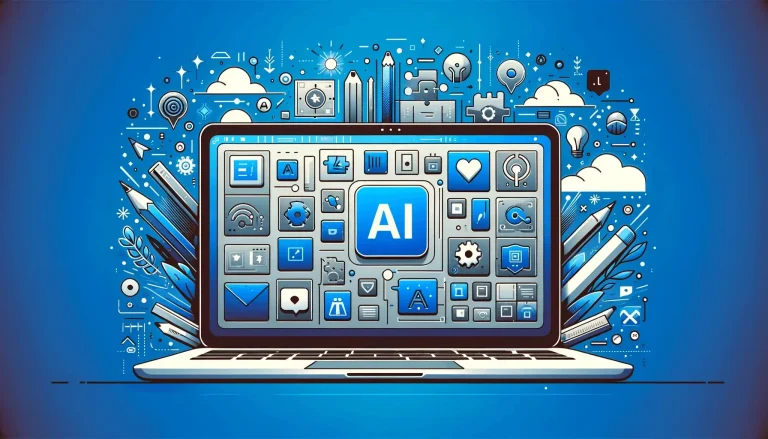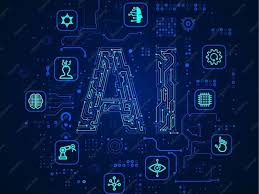
Let’s talk about a weird trend that’s been creeping into AI marketing lately — and honestly, it’s kind of unsettling.
Have you noticed how every new generative AI tool has a human name and a friendly little backstory? Like “Claude,” the helpful assistant. Or “Devin,” the new software engineer. Or that “AI employee” for furniture stores that claims it can run 20 locations solo. These aren’t just bots. They’re being framed as digital coworkers — and that’s not just branding fluff, it’s a calculated move.
Here’s why: In a hiring economy that feels like a high-stakes gamble, companies (especially fresh-out-of-Y Combinator startups) are pitching AI not as software, but as literal staff. Full-on team replacements, not tools. And to make that more palatable, they’re giving these bots names that sound like people you’d trust. It’s fintech psychology 101 — just like how we trusted apps named “Dave” to manage our money, we’re now being told “Claude” can handle our documents, our emails, our work.
But let’s not kid ourselves. This isn’t some warm office buddy. It’s a model running tokens. And as the packaging gets friendlier, the reality gets colder: real jobs are being replaced. Atlog didn’t even hide it — their AI manager lets one person run 20 stores. Translation? Nineteen people no longer get to work.
Even Anthropic’s own CEO recently said out loud what a lot of folks are afraid to admit — AI could wipe out half of all entry-level white-collar jobs in the next five years. That’s not science fiction. That’s a real shift, happening quietly behind the glow of glowing chatbot avatars and quirky human names.
We’re not anti-AI — not even close. The tech is amazing. But this whole “AI employee” framing? It’s dehumanizing. It erases the real, brilliant, overworked humans out there who are just trying to keep up. We need AI that amplifies their skills, not replaces their roles.
So here’s the plea: let’s ditch the fake coworkers. Don’t sell us, Devin the engineer. Show us tools that help actual Devins do 10x work — with context, creativity, and control. Let’s put the “assist” back in “assistant” and keep AI where it belongs: as a tool, not a teammate.







